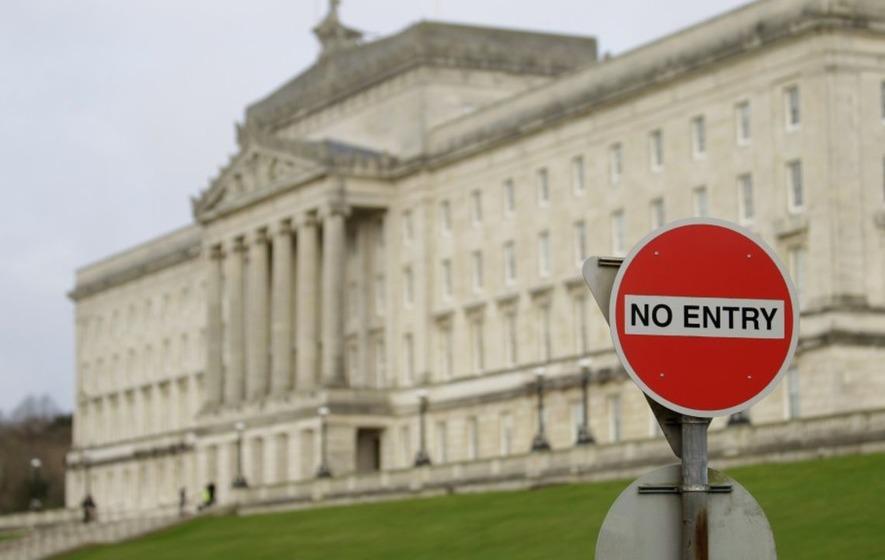

1500 GMT on Monday is the deadline for Northern Ireland’s politicians to reach a coalition deal. If they don’t, the region could face fresh elections – the third vote in less than a year. Perhaps more worryingly for some is the prospect of the return of direct rule from London.
The March 2 vote energised a resurgent Sinn Fein, the nationalist republican party. Sinn Fein’s electoral strength obliterated the Democratic Unionists, which lost ten seats in the 90-member assembly. Crucially, while both rival parties now hold roughly the same amount of seats, the underlying tensions that tore apart their coalition government in January are yet to be resolved. Unless an eleventh-hour deal can be forged (perhaps by cobbling together a number of smaller parties), Northern Ireland risks an uncertain fate.
One possible outcome is fresh elections; however, these are likely to return similar results yielding similar impasses. Another is handing power to the central government in London for the first time in over a decade. This option has the potential to open old wounds between nationalists and unionists, particularly given their differences over Brexit. Northern Ireland’s future looks doubtful once more.
Enjoying this content? Get it delivered to your phone each morning!
Simon is the founder of Foreign Brief who served as managing director from 2015 to 2021. A lawyer by training, Simon has worked as an analyst and adviser in the private sector and government. Simon’s desire to help clients understand global developments in a contextualised way underpinned the establishment of Foreign Brief. This aspiration remains the organisation’s driving principle.

